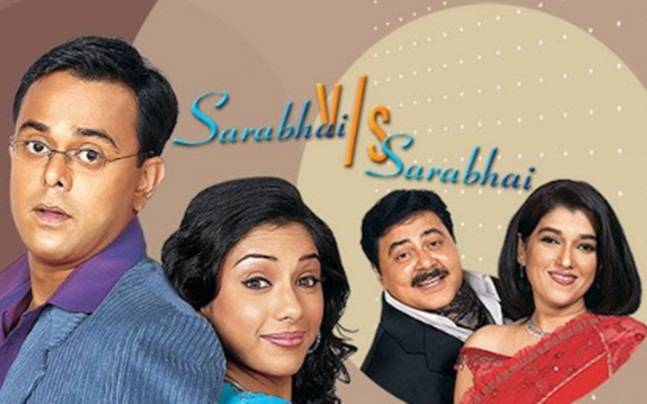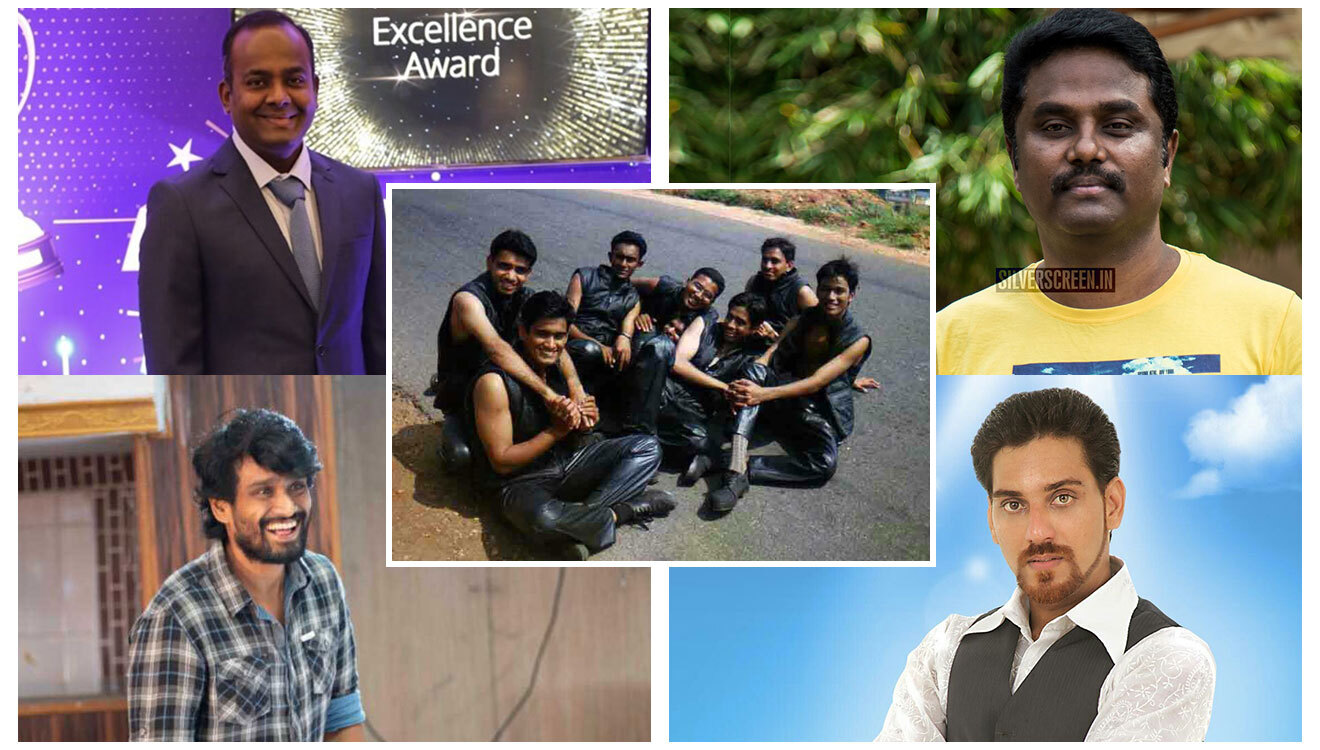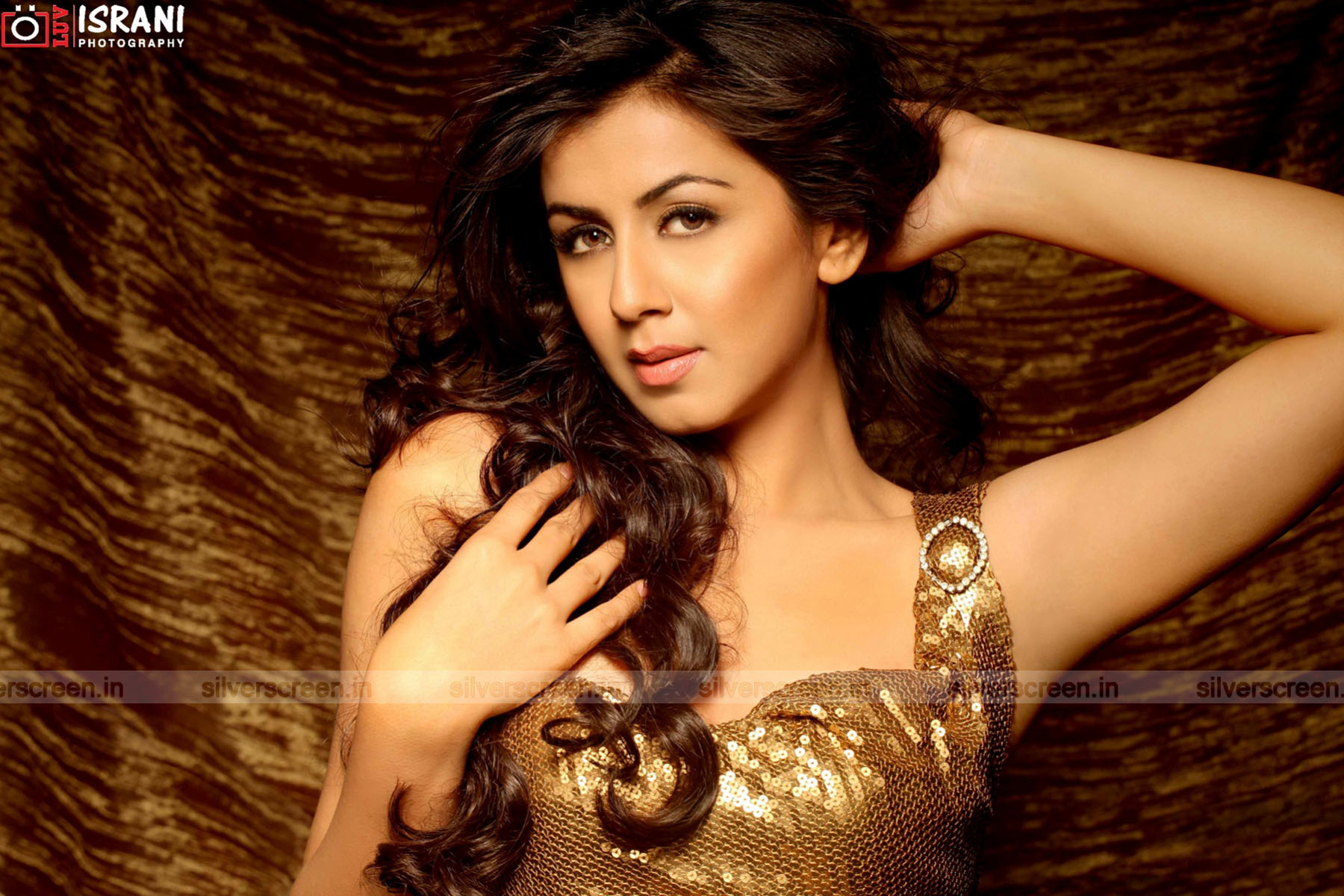The past week has seen a lot of us work from home, in rather closer proximity to partners, parents and other family than ideal. It’s a bit churlish to complain about having to work from home and not, you know, be out on the frontlines fighting a dangerous new virus, but it is hard to spend all day at home.
But family in close quarters makes for some excellent sitcoms, such as Sarabhai versus Sarabhai, streaming on Hotstar right now. Sarabhai…, which ran from 2004 to 2006 (and again in 2017, in an ill-advised second series), is set in a high-rise apartment complex in Mumbai’s Cuffe Parade. The titular Sarabhais are a wealthy Gujarati family. The matriarch, Maya Sarabhai, played by (the) Ratna Pathak Shah, does her best to be an upper class socialite, throwing cocktail fundraisers and hobnobbing with Mumbai’s glitterati. This provides her husband, Indravadan Sarabhai (Satish Shah in his possibly second best role after Commissioner D’Mello in Jaane Bhi Do Yaaron) with many opportunities for amusement at Maya’s expense. The elder Sarabhais live with their two sons, Sahil (Sumeet Raghavan), a cosmetologist, and Rosesh, an aspiring theatre personality, as well as Sahil’s very middle class wife, Monisha (Rupali Ganguly). Other recurring characters on the show are Indravadan’s sister Ilaben and her husband Madhusoodan, and Maya and Indravadan’s daughter and son-in-law, Sonia and Dushyant.
Because it aired on network television, Sarabhai was the sort of “clean comedy” you could watch with your family. Sahil Sarabhai was the show’s straight man, trying to keep his wife and mother in harmony. This is hard – Monisha is not very good at keeping house, and spends all her time hunting down the next bargain, much to Maya’s horror. For her part, Maya mercilessly mocks how middle-class Monisha is, launching into long tirades about how Monisha shops for bargain clothes at Mumbai’s Linking Road, reuses gift-wrapping paper and leaves things all over the floor of their apartment at every opportunity. Rosesh, Sahil’s brother, is a mummy’s boy, and can do no wrong in Maya’s eyes. While Sahil has a real job, Rosesh spends his time trying out for theatre roles and writing terrible poetry – for instance, “Khatarkhun Khatarkhun/ Chale Mere Dil Ki Dhun” and “Hai hava mein victory ki aroma/ jeet gayi Momma, jeet gayi Momma.” For his part, Indravadan spends his time playing practical jokes on Maya and harassing Rosesh (or Maya Part 2, as he calls him).
The writers of the show exploit these relations – and other things only too familiar to middle class Indians — for some gentle laughs. Monisha is a middle class housewife, and so naturally she spends all her time watching serials with titles like Uska Pati Sirf Mera Hai. Rosesh’s theatre associates are as air-headed as he is, praising his awful poems because theirs are just as bad. As for Maya, she spends her day flitting from one social event to another, to establish just how sophisticated she is. Satish Shah gets some of the show’s best lines when Indravadan is mocking Maya’s snobbery (such as how she hosts a cocktail party for the benefit of child victims of alcoholism). Rupali Ganguly provides a terrifically uninhibited performance as Monisha, while Ratna Pathak Shah is just snobbish enough to make Maya Sarabhai truly lovable.
Sarabhai might be all laughs and silliness on the surface, but its true genius lies in how it holds up a mirror to its intended audience. It’s no coincidence that Sarabhai was made in 2004, more than a decade after liberalisation, when more middle class Indians found themselves much wealthier than they had been before, and suddenly exposed to much more than the India of state sponsored entertainment. Sarabhai was telecast on Star Plus, not Doordarshan – the people watching Sarabhai had paid for cable television. And while this class could now do things like attend cocktail parties and travel abroad, some things remained just the same. Maya might serve wine to her dinner party guests, but she always does so wearing a handloom cotton saree, carefully pressed and starched by the househelp. The food is strictly vegetarian – Maya would remind you that Gujaratis like them do not eat meat. And house help – some shirk work, yet others are too attractive for the female Sarabhais’ comfort. The joke is really on the Sarabhais – their posh exteriors and fancy houses depend on paid labour by domestic help and the Sarabhais are only too aware of it.
Recommended
Indeed, the show is at its best when it picks on how uncomfortable it is to be posh. While Maya manages to seamlessly integrate tradition into her sophisticated lifestyle, Indravadan doesn’t quite do as well. He might be successful professionally, and wealthy enough to live in Cuffe Parade, but left to himself, he would rather be eating chaat at Khau Galli and loudly cheering at cricket matches with Monisha, than socialising with Maya’s posh friends. He takes out his frustration on Rosesh – who is as posh and sophisticated as Maya would like him to be, but who has also never done a day’s work in his life – and on Maya herself, with his gags and puns. Truth be told, Sarabhai is as funny as it is, because we are all Sarabhais to varying degrees. Post-liberalisation India can be snobbish and entitled like Maya, even as we grapple with the kind of entrenched middle-classiyat that Monisha possesses.
Naturally, at the end of the day, Sarabhai is about family – the Sarabhais are stuck with each other, and stick by each other through times thick and thin. The show’s characters very rarely cease bickering and plotting against one another, but when they do, the results are genuinely sweet and heartwarming. And that’s exactly what we need right now.



